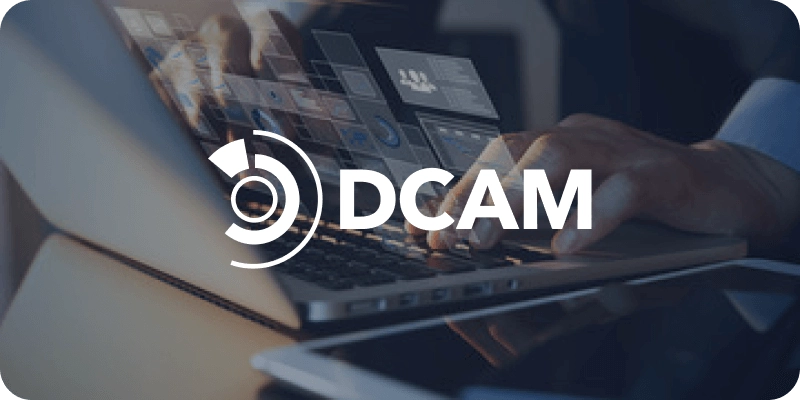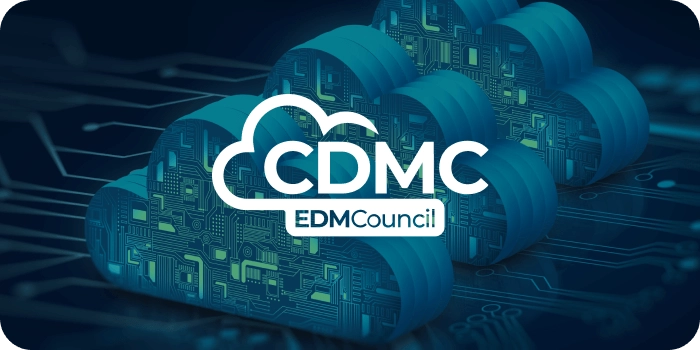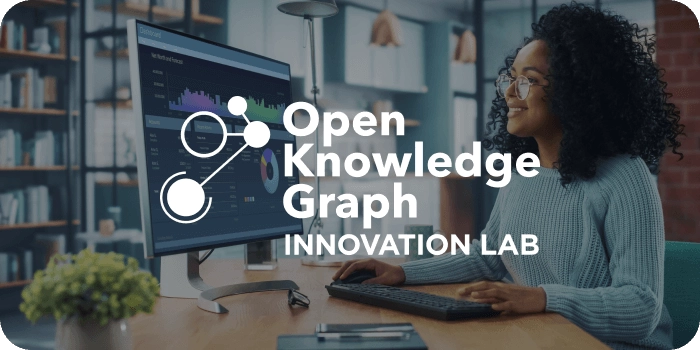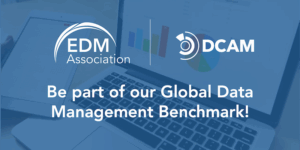In this Interview series, Tim Brooks, Worldwide Technology, talks with Mike Meriton, Co-Founder of the EDM Council, and John Bottega, President of the EDM Council, about Cloud Data Management and its challenges.
Bottega shares that data management has evolved over the past decade, and companies have come up the curve on their capability to professionally manage information assets. However, we also live in a world of 40-year-old infrastructure legacy environments. So, it’s fair to say that all companies have built environments that may not be the most efficient, and somewhat duplicative are the challenges that exist. As you move to the cloud, the last thing you want to do is just “lift and drop”. You want to make sure that this new environment, Greenfield if you will, is built with all of those best-practice capabilities at the onset. Because the challenges a firm faces may not be consistent, how do we get out of that type of inconsistency?
According to Bottega, the first step is to do it the right way, as you do cloud. Look at the data, the content, and bring it into the cloud appropriately. Then, finally, as you move this data, you need to ensure that you’re protecting it from a sensitive perspective. Privacy, etc., should be adhered to, and that’s what EDMC is about.
He explains this process through a simple example: There’s a toll gate before you’re allowed into a community, and you have to be a well-dressed and well-groomed kind of person to get in. That’s what EDM Council will provide firms as they move their information to the cloud. EDM Council encourages companies to do everything efficiently and in a way that adheres to best industry practices.
Explaining it further, Bottega says that these challenges are primarily across all industries, but there are nuances from industry to industry. So, for example, retail may be worried about customer data, and pharmaceuticals about medical data. But it’s all still data. So, how do you ensure the data is moved, curated, and protected properly? The nuances will play themselves out with the SMEs in those spaces, but EDMC seeks to be a level above, saying they manage the data.
The initial work at EDMC was done primarily with financial institutions, with the technology companies, and the cloud providers, but they also had Snowflake and Informatica. Fantastic consultancies like KPMG, EY, PWC, etc., were also involved.
It was always the intention that the EDMC framework would be ubiquitous to the industry. At the onset, it was more of financial companies, a regulated industry. They have the SMEs to participate, but the change genesis is the same.
According to Bottega, when they built the EDMC framework, they included Chief Privacy Officers and people with legal backgrounds that can interpret GDPR, the general data protection regulation in Europe, and CCPA in California. Sensitive data, such as bank account transactions, personal health information, must be protected no matter what industry it is from. In fact, now that most countries and jurisdictions are building and putting out more robust data protection regulations, these requirements and these controls are operable in all forms of sensitive data hands.



